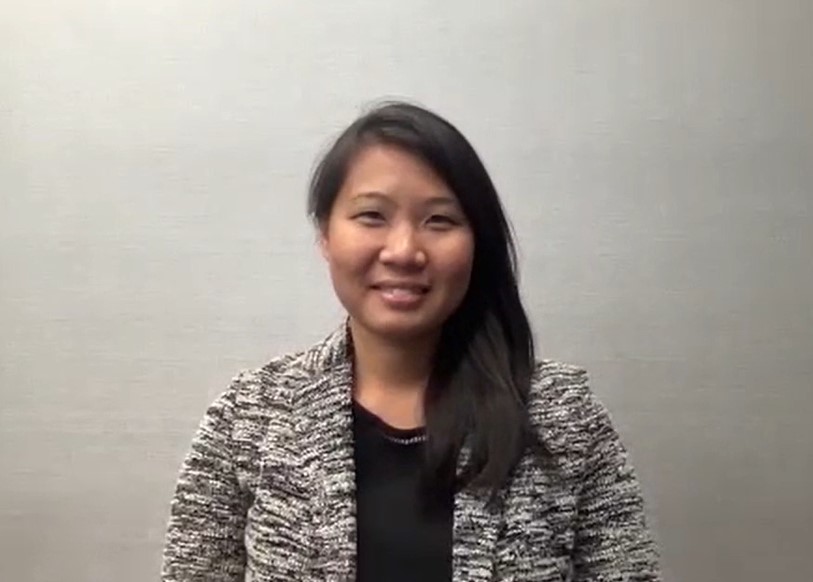An Unprecedented Match
Michelle Abrokwa, MSIV - New York Medical College
EMRA MSC NE1 Regional Representative, 2021-2022
Alexa Van Besien, MSIII - University of Maryland School of Medicine
EMRA MSC NE Coordinator, 2021-2022
Alexander Gallaer, MSIV - University of Connecticut School of Medicine
EMRA MSC NE2 Regional Representative, 2021-2022
Jessica André, MSII - Howard University College of Medicine
EMRA MSC Mid-Atlantic Regional Representative, 2021-2022
This is the first of two articles dedicated to highlighting the stories of soon-to-be doctors who recently matched successfully into emergency medicine in March of 2021.
The sun steadily crept its way over Bend, Oregon on the morning of March 15, 2021. Fourth-year medical student, Ashley Penington, knew her life was soon to change forever. Surrounded by the Three Sisters, Broken Top, and Mount Bachelor, Penington could not have imagined a better destination for the day’s events. Match Monday, the day fourth-year medical students across the country find out if they managed to match into a medical residency program, had finally arrived.
Penington, who served as the Medical Student Council’s (MSC) Student Advising Coordinator from 2020-2021, was one of thousands of medical students who participated in an unprecedented residency application cycle, with changes prompted by the rise of COVID-19. One of the major changes that especially impacted students interested in emergency medicine was the Coalition for Physician Accountability’s Work Group’s recommendation to temporarily halt away rotations for the Class of 2021.
“I was concerned that it would be more difficult for me to match into a specific geographic region,” Penington said. “Being from the Pacific Northwest and having my medical school in Washington state, my application screamed West Coast even though I was hoping to match in the Midwest to be closer to my significant other as he completed his residency training.”
Amidst the pandemic, rising fourth-year medical students were met with a variety of challenges. From multiple board exam cancellations to having entire third-year clinical rotations moved onto virtual platforms, the pandemic usurped what, for many, was supposed to be a normal academic year.
“COVID definitely impacted my preparation for boards, both in a positive and negative light,” Penington remarked. “By the time I took my boards, my test date and location had been changed eight times. The night before my Step 2, I received the notorious email from Prometric saying that my test was canceled.”
For Shelby Wood, who served as the 2020-2021 International Regional Representative on the MSC, the changes to the application cycle meant less traveling to visit programs, but more money saved with the implementation of interviews on Zoom. However, the notion that applicants would not be able to see programs in person and thereby would not be able to gauge the culture of the environments in which they might find themselves as interns was a common concern.
“I was a bit worried that I wouldn't be able to get a true sense of a program's culture, people, and that mythical quality known as ‘fit’ in the virtual environment,” she said. “Things like that are best experienced in person. But, as it turned out, most of the programs I interviewed with really went the extra mile to give applicants a thorough overview of who they are. I appreciated the effort that went into planning the pre-interview socials, happy hours, and interview day activities.”
Despite the unprecedented changes, both Penington and Wood successfully matched into emergency medicine programs at Rush University and the University of Rochester respectively.
“I am thrilled that I matched in emergency medicine at Rush in Chicago,” Penington remarked. “My main objective with finding the right residency program for me was having an environment where I was going to be supported.”
Though this year’s Match process looked significantly different from match cycles in years past, one theme has remained the same: emergency medicine, even amidst a global pandemic, continues to be at the frontlines of patient care, a sentiment that has drawn many medical students to the field.
“If anything,” Wood continued, “seeing my friends, colleagues, and mentors working day in and day out to treat COVID patients here in the New York City epicenter made me even more determined to pursue emergency medicine and honored to be joining this amazing specialty. Our people are really like no other.”
If you are interested in learning more about Shelby and Ashley’s experiences, check out the full interviews!
Related Content



Jul 23, 2019
Program Director Interview Series: University Hospitals Cleveland
This month our Program Director Interview Series is focused on the Midwest. We spoke with Danielle Turner-Lawrence, MD, Program Director at Beaumont Hospital, Royal Oak, about the training opportunities available at this busy Level 1 Trauma Center in eastern Michigan.




